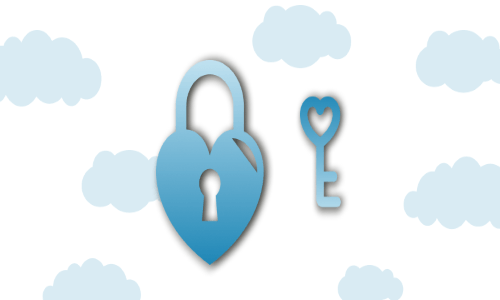
Live – Ethics of Managing Collaterals and Interested Parties in Therapy
Open to access this content

Open to access this content

Open to access this content
![[FREE Offer!] Neural Desensitization: Integrating EMDR, IFS, & Other Approaches to Trauma](https://onlinececredits.com/wp-content/uploads/2022/04/Neuron-Version-13.png)
Open to access this content

Open to access this content

Open to access this content